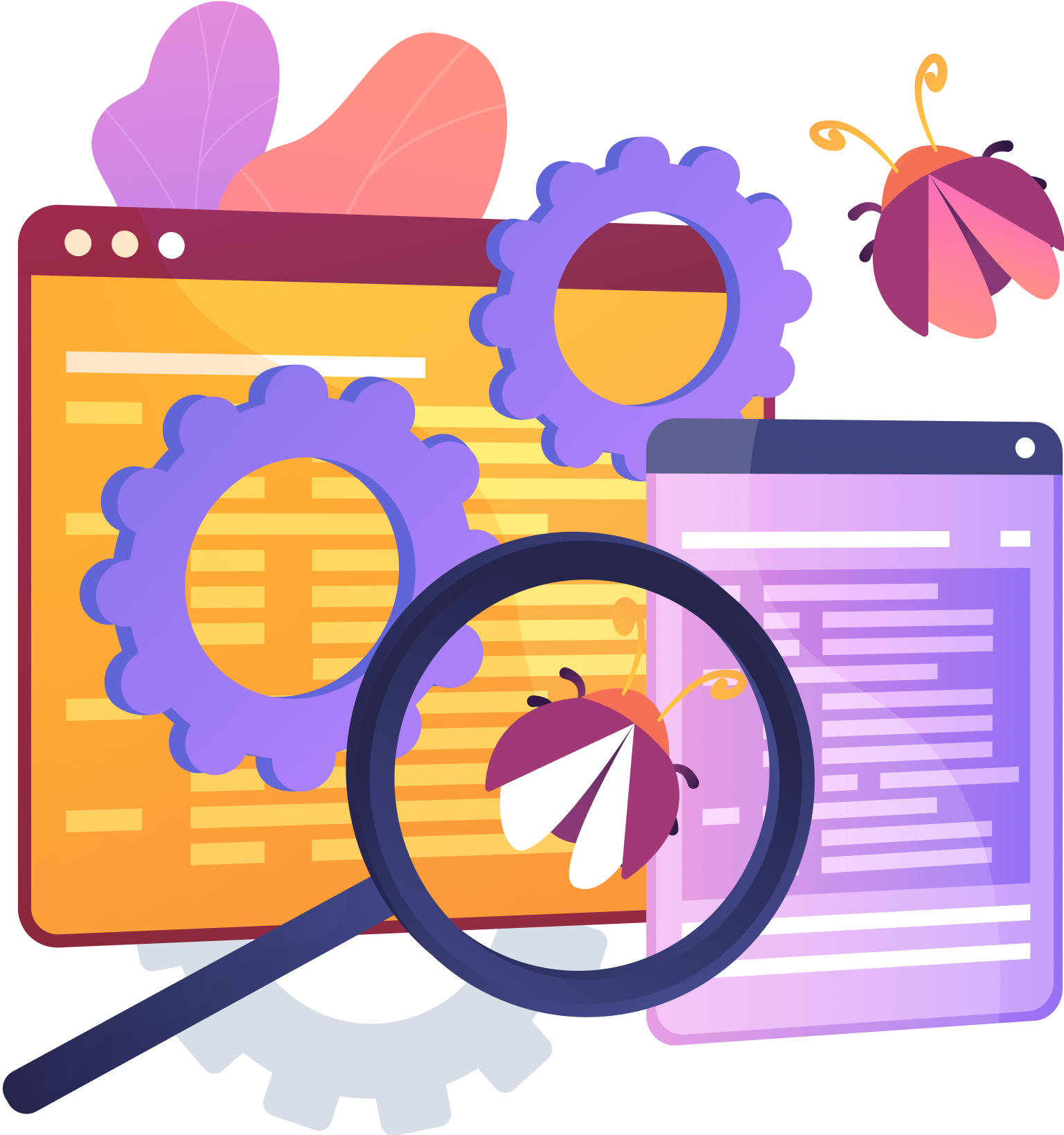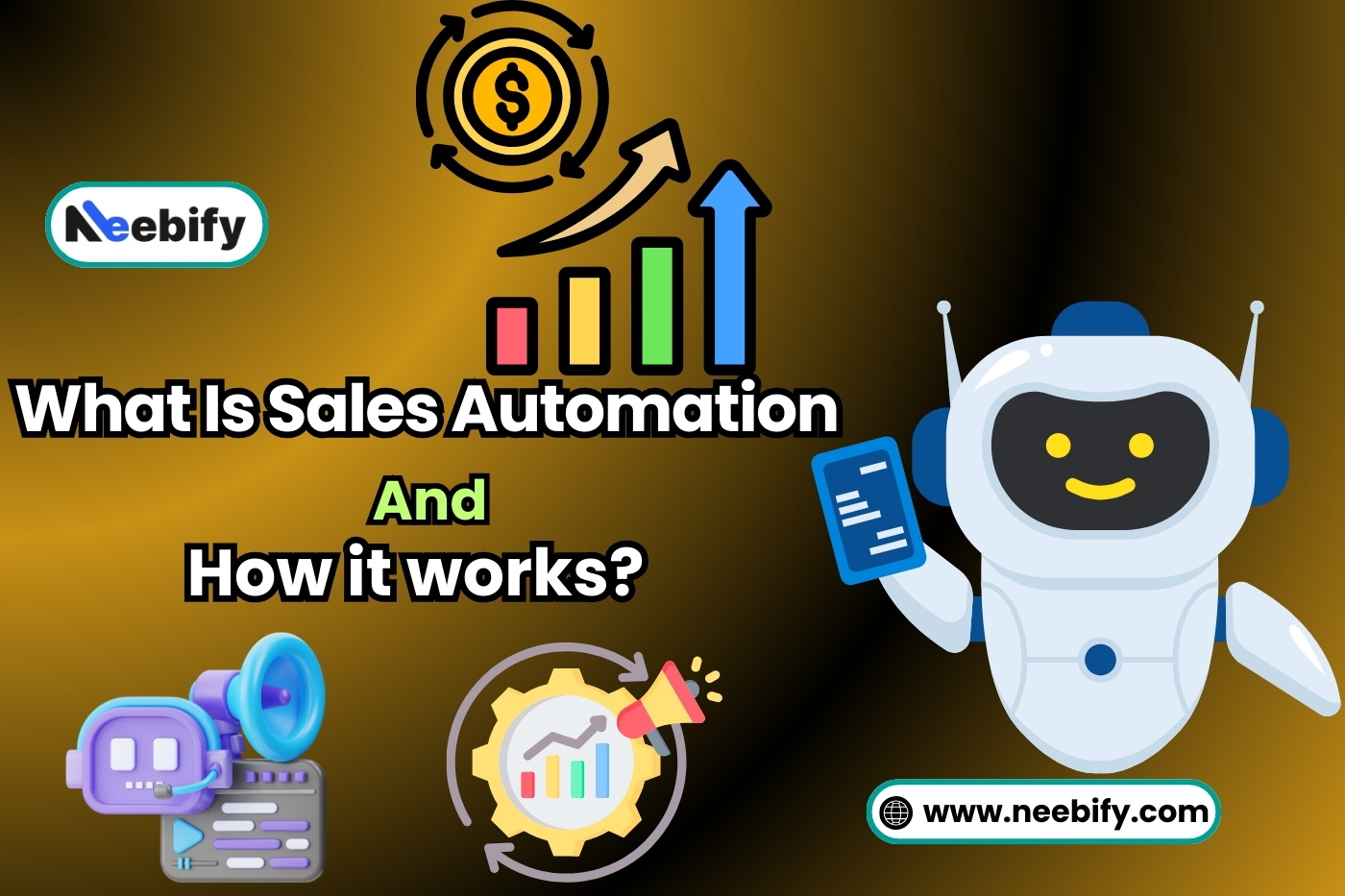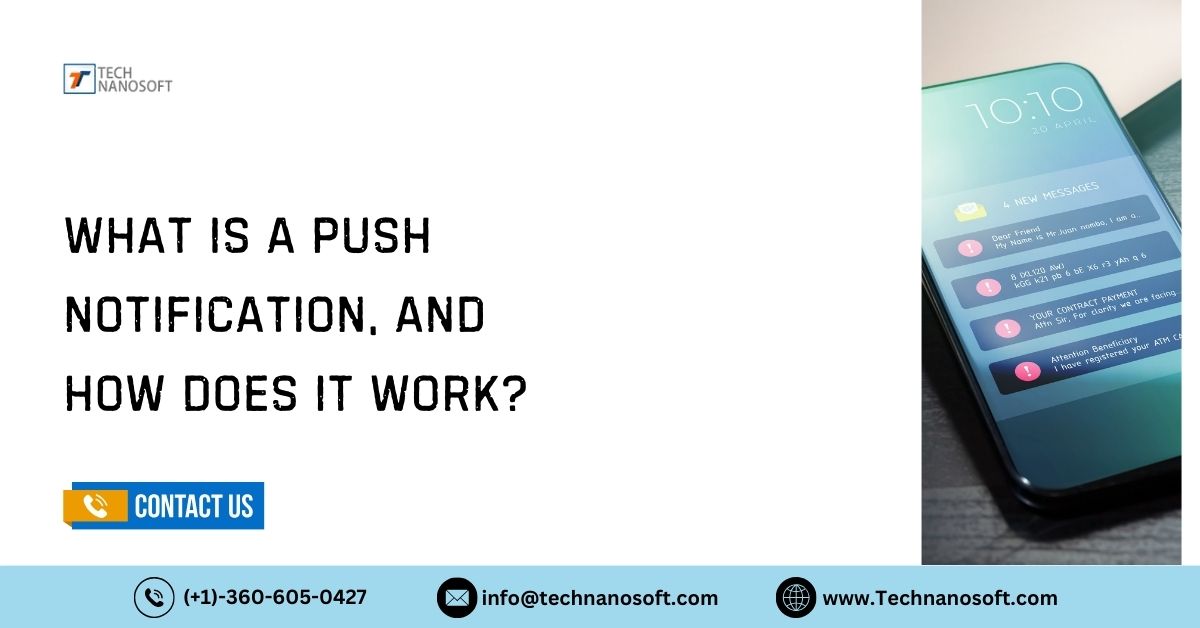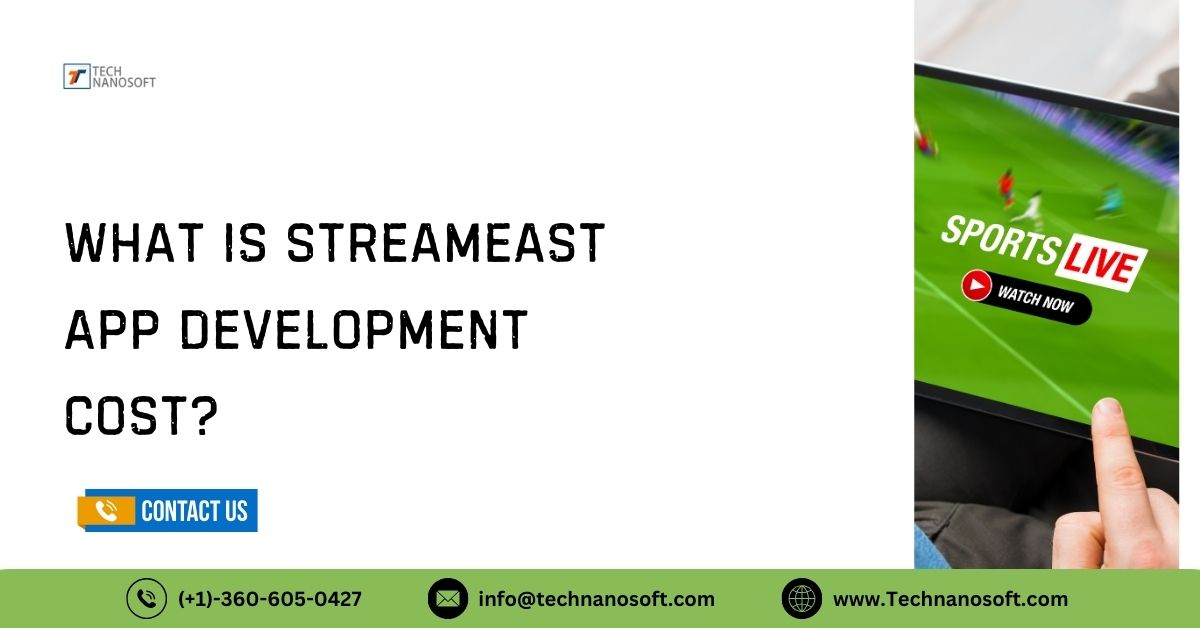The Power of Healthcare Application Development for Business Growth
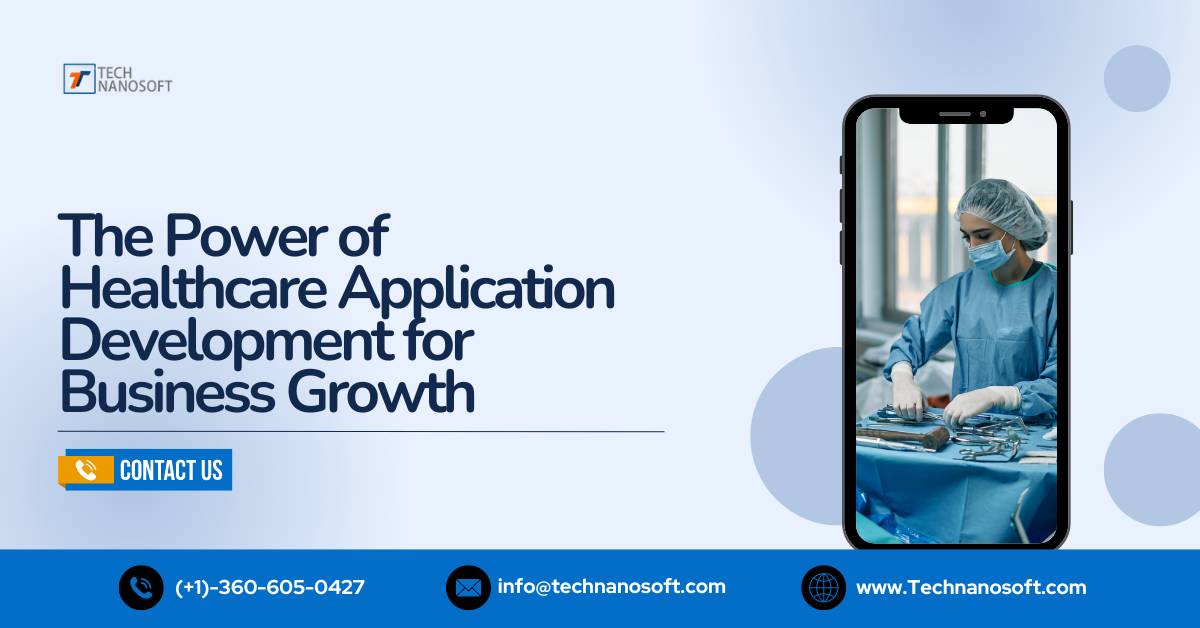
The article discusses challenges, factors, and solutions associated with creating healthcare applications to offer innovative digital solutions for the healthcare sector. Data security, regulatory compliance, interoperability, accuracy in diagnostic operations, and meeting a variety of user needs are among the concerns it solves.
it provides information on topics to consider, privacy considerations, the importance of interoperability, the reliability of diagnostic features, challenges faced by medical professionals, and ways to accommodate a variety of user needs in healthcare app development.
What is a Healthcare App?
An app for healthcare is a digital application designed to transform the way healthcare services are handled and accessed. These applications, which are specifically designed to cater to the various requirements of patients, healthcare providers, and institutions, leverage technology innovations to optimize workflows and boost productivity. Healthcare apps enable users to take proactive management of their health by include features like prescription reminders, appointment scheduling, telemedicine consultations, and health tracking capabilities.
By means of smooth communication lines and centralized management of health data, these platforms facilitate the provision of better patient care and aid in the advancement of holistic health and well being among communities.
Healthcare App Development for Patients
The development of patient-facing healthcare apps represents the production of user-friendly mobile applications to enhance individual health management. These apps have many functions, like tracking fitness and scheduling appointments. They also remind you to take your medicine and give you medical information.
They are beneficial for people in the healthcare industry when they travel. Patient-centric healthcare applications enable people to take control of their health and promote a proactive approach to managing their health by skillfully fusing convenience and empowerment.
Medical App Development for Professionals
Developing medical apps for professionals involves creating digital solutions that are precisely suited to the unique requirements of healthcare practitioners. With a plethora of features intended to improve communication between healthcare teams, expedite patient care, and enable precise diagnosis, these apps are tremendously beneficial in the clinical context.
Ideas for Developing Health Apps:
Appointment App
By letting users easily make appointments with medical professionals, appointment apps transform the way people get healthcare. Patients can reserve appropriate times through user-friendly interfaces and real-time availability checks, which reduce wait times and streamline clinic operations for improved patient satisfaction and effective resource use.
App Reminder
With the help of the Reminder App, people may better manage their health by staying on top of important medical appointments and following their drug regimens. This software reduces the likelihood of missed visits or prescription dosages, encourages treatment adherence, and guarantees timely interventions—all which improve patient outcomes—by using personalized reminders and notifications.
Fitness App
An all-inclusive tool for promoting holistic well-being is a fitness app that carefully monitors physical activity, food habits, and general fitness measurements. Users receive personalized recommendations and insights to improve their health. They can set goals and take part in interactive challenges for long-term lifestyle improvements.
Advantages of Developing Apps For Healthcare
Advantages For All Users
Superior Patient Care
Excellent patient care is characterized by a customized medical experience that accommodates each patient's needs and preferences. Users of healthcare applications can manage their health issues more proactively by having access to personalized services and information. In the end, this individualized strategy improves patient pleasure, builds patient confidence in healthcare professionals, and advances general health and wellbeing.
Accessible Healthcare Data
Patients who have easy access to their medical records and health information through healthcare applications are empowered by accessible healthcare data. These platforms support collaborative conversations with healthcare practitioners and encourage informed decision-making by making it simple to retrieve relevant health data. Transparency in healthcare promotes continuity of care across venues, increases patient participation, and gives patients a sense of control over their healthcare.
On-Demand Healthcare Accessible
Regardless of time or location, on-demand accessible care refers to the availability of quick access to medical information and services via healthcare apps. These platforms eliminate barriers like scheduling conflicts and distance. They allow people to quickly get healthcare, consult with doctors online, and access important health resources. This improves patient satisfaction and overall health results. This improves patient satisfaction and overall health results.
increased Communication
Patient-provider collaboration is fostered through increased communication made possible by healthcare applications, which improves patient outcomes. Users can share pertinent health information, have meaningful conversations, and actively participate in their treatment journeys with the use of interactive tools, secure messaging capabilities, and telemedicine consultations. This smooth communication facilitates mutual trust and understanding among all parties involved, improves treatment adherence, and advances patient-centered care.
Advantages For Health Care Workers
Internal Diagnostic Systems
Healthcare apps with integrated diagnostic systems give medical practitioners access to cutting-edge diagnostic resources, enabling prompt and precise diagnosis. Through the integration of elements such as symptom checkers, medical picture analysis, and diagnostic algorithms, these systems enhance clinical decision-making, maximize resource efficiency, and provide accurate diagnostic interventions that lead to better patient outcomes.
Accurate Diagnosis
By using healthcare apps, medical personnel may obtain full patient data, which helps them to make accurate diagnoses and create customized treatment programs. These platforms help evidence-based decision-making, lower diagnostic mistakes, improve patient safety, and improve clinical outcomes across various healthcare settings by combining patient data, such as medical history, diagnostic test results, and treatment responses.
A computerized health record, or EHR
Integrating Electronic Health Records (EHRs) into healthcare apps improves continuity of treatment and healthcare coordination by streamlining patient data management. EHR systems improve clinical workflows, enable safe data sharing between healthcare practitioners, and assist well-informed decision-making by centralizing patient data. These benefits eventually increase patient safety, care quality, and organizational efficiency in the healthcare sector.
Telehealth and Telemedicine
Medical practitioners can virtually provide healthcare services and conduct remote patient consultations thanks to telehealth and telemedicine features integrated within healthcare apps. By eliminating geographic obstacles and encouraging prompt interventions, these systems increase patient happiness, increase access to care, and improve the efficiency of healthcare delivery by utilizing secure communication channels and real-time video conferencing capabilities.
Electronic Prescription
By allowing doctors to electronically prescribe drugs, e-prescribing technologies built into healthcare apps help to lower the errors that come with traditional paper-based prescribing practices. E-prescribing functionalities improve medication management efficiency, promote patient safety, and optimize healthcare workflows within clinical practice environments by automating prescription processes, guaranteeing accurate drug dosages, and facilitating smooth contact with pharmacies.
Better Interaction
Healthcare applications facilitate seamless teamwork and facilitate better communication between patients and healthcare providers. Through encrypted messaging tools, centralized communication platforms, and real-time patient status updates, these apps ease care coordination, improve patient participation, and enable rapid interventions. Ultimately, these advancements result in enhanced clinical results and patient contentment across several healthcare environments.
Less Stress and Burnout
Medical personnel experience less stress and burnout thanks to healthcare applications' improved patient management and efficient processes. These platforms reduce administrative burdens, encourage work-life balance, and enable medical professionals to concentrate on providing high-quality patient care, thereby reducing stress and burnout in healthcare practice settings. They accomplish this by automating repetitive tasks, streamlining clinical workflows, and offering decision support tools.
Improved Equipment and Service Management
Medical apps that include capabilities for equipment and service management make it easier to maintain and use medical equipment, which increases the effectiveness of patient care delivery. These platforms maximize resource efficiency, reduce downtime, and guarantee the availability of dependable medical equipment by automating equipment tracking, scheduling maintenance tasks, and allowing prompt service requests. Ultimately, these improvements lead to better patient outcomes and satisfaction.
Applications For Patients And Allied Users In Healthcare
Mental Health Apps
With a wide range of tools and support for handling mental health issues, mental health apps are great allies on the path to emotional wellbeing. With features like virtual therapy sessions, crisis intervention tools, mood tracking, and meditation routines, these applications give people easily accessible ways to manage their symptoms, seek help, and develop resilience when faced with life's obstacles.
Apps for Health Monitoring
Apps for tracking vital signs, keeping an eye on chronic illnesses, and conveniently assessing one's general health status make health monitoring an essential tool for proactive health management. These applications enable users to monitor their health metrics, identify possible problems early, and have educated conversations with healthcare practitioners for prompt solutions. Features like activity monitoring, symptom logging, and medication reminders are just a few examples of how they do this.
applications for Medical Education
These applications meet patients' informational demands by providing them with useful resources to learn about their medical issues and available treatments. These applications enable people to take an active role in their healthcare journey by promoting comprehension, informed decision-making, and self-advocacy. They range from interactive anatomy manuals and pharmaceutical databases to condition-specific instructional modules and treatment choice aids.
Health Lifestyle Apps
By encouraging good habits, simplifying diet management, and supporting individualized workout routines, health lifestyle apps play a critical role in fostering holistic well-being. By providing tools for meal planning, activity tracking, and habit-building challenges, these applications enable users to make long-lasting lifestyle changes, develop healthier habits, and set out on a path to better physical, mental, and emotional well-being.
What Distinguishes Medical App Development From Healthcare App Development?
Healthcare App Development
The development of digital apps specifically designed to meet the various demands of patients and general users in maintaining their health and well-being is known as healthcare app development. Typically, these apps include functions like fitness monitoring, appointment scheduling, prescription reminders, and access to resources and health information. The main goals of intuitive and approachable interfaces are to enable people to take proactive responsibility for their health and enable tailored healthcare management.
Medical App Development
The creation of medical apps is expressly designed to meet the requirements of medical professionals by giving them access to digital resources that improve patient care, diagnosis, and practice administration. The programs are engineered to optimize clinical workflows, promote precise diagnosis, oversee electronic health records (EHR), simplify telemedicine consultations, and assist with duties like electronic prescription writing. The focus is maximizing effectiveness and assisting healthcare providers in providing high-quality treatment.
Why Businesses Need To Develop Healthcare Apps?
Creative Remedies for Patients
Healthcare app development enables companies to create creative solutions that adapt to the changing needs of patients. These apps use technology to provide quick access to personalized health tools, healthcare services, and essential health information. This improves patient pleasure and experience and positions companies as leaders in providing cutting-edge healthcare solutions to today's tech-savvy consumers.
Better Healthcare Delivery
By streamlining medical procedures and workflows, healthcare app development improves the provision of healthcare services. Patient care is streamlined by integrating services like appointment scheduling, telemedicine, and EHR administration, which lowers administrative costs and boosts productivity. The outcomes are better patient outcomes, better care coordination, and a more adaptable healthcare delivery system.
Enhanced Patient participation
Interactive platforms used in healthcare app development encourage patient participation. Patients actively engage in their healthcare journey with features like encrypted texting and health monitoring, which encourages adherence and well-informed decision-making. This boosts overall patient satisfaction, improves health outcomes, and fortifies patient and provider bonds.
Simplified Medical Procedures
By digitizing medical procedures, healthcare app development boosts productivity inside healthcare institutions. By automating processes like invoicing and scheduling, professionals can concentrate on providing high-quality patient care by reducing paperwork and errors. Both patients and companies gain from this streamlining, which increases operational effectiveness.
Taking Advantage of the Growing Digital Healthcare Market
Businesses can join the expanding digital healthcare market by developing healthcare apps. They may position themselves as leaders in providing accessible healthcare solutions to consumers by developing cutting-edge apps. This calculated investment in the ever-changing healthcare industry helps them stand out from the competition, draw in new business, and expand.
A Successful Guide to Creating a Health App
Analysis of the Market
The first stage in developing a healthcare app is market analysis, which entails determining the target market, competitors, and market demands. Businesses can make strategic decisions and efficiently customize their app development process to match market expectations by examining consumer demands, competition, and market trends.
Examine Your Audience
Success in developing healthcare apps requires a thorough understanding of the target market's needs, tastes, and habits. By conducting thorough audience research, companies may acquire valuable insights into their target audience's demographics, pain areas, and preferences. This information helps them create solutions that efficiently cater to their target customers' healthcare needs.
Select the App Type
Choosing the right healthcare app is crucial to successfully satisfying user needs and market demand. Determining the app type based on market analysis and user insights guarantees that the generated solution matches the intended purpose and satisfies the target audience's expectations, whether it's a fitness tracker, telemedicine platform, or patient management app.
Design
Creating an intuitive and user-friendly app design is essential to guaranteeing a smooth user experience while developing healthcare apps. Businesses may develop aesthetically pleasing and user-friendly app interfaces that boost user engagement, encourage usability, and encourage positive user interactions with the app by implementing best practices in user interface (UI) and user experience (UX) design.
Make It HIPAA Compliant
Ensuring adherence to healthcare standards, especially the Health Insurance Portability and Accountability Act (HIPAA), is critical when developing a healthcare app. Businesses may preserve confidence and credibility in the healthcare ecosystem by protecting sensitive patient data from unwanted access, guaranteeing confidentiality, and adhering to regulatory obligations by putting strong data security and privacy controls in place.
Build MVP
Creating a Minimum Viable Product (MVP) is a tactical method used in creating healthcare apps to evaluate the applications' essential features and obtain user input at an early stage. Businesses can accelerate the development process, validate their app concept, and iterate based on user feedback to improve performance and user experience by concentrating on critical features and functionalities.
READ ALSO- The Cost of Building An AI Testing Tool Like Katalon?
Features of Healthcare App Development
Telemedicine and telehealth
capabilities allow users of healthcare apps to obtain remote consultations and receive medical attention from any location, hence enhancing accessibility and removing geographical constraints. Patients can easily interact with healthcare providers for diagnosis, treatment, and medical advice using secure video conferencing and texting features.
EHR
Comprehensive patient health data storage and management are made easier by the Electronic Health Record (EHR) management tools found in healthcare apps. Healthcare professionals may safely access, update, and exchange patient data by digitizing medical records. This promotes clear communication, well-informed decision-making, and continuity of treatment between healthcare locations.
Notifications
The notifications function of healthcare apps helps patients participate in their care by promptly reminding them of upcoming appointments, prescriptions, and other health-related chores. Healthcare applications enable users to stay organized, follow their treatment plan, and take an active role in managing their health and well-being by delivering individualized notifications and reminders.
Payment Integration
Secure payment processing for in-app transactions, such scheduling appointments or telemedicine consultations, is made possible by payment integration capabilities in healthcare apps. Healthcare apps make financial transactions easy and hassle-free by integrating with reliable payment gateways. This improves user convenience and makes it easier to monetize healthcare services within the app ecosystem.
Search Bar
In healthcare apps, the search bar function makes it simple to navigate and quickly access required features or information. Through the search bar, users may find certain services, medical information, or app capabilities, which increases overall usability and accessibility while also saving time and improving user experience.
Connectivity of Wearable Devices
Integration with wearable health devices for data tracking and analysis is made possible by wearable device connection capabilities in healthcare apps. Healthcare apps can collect real-time health data, track progress, and offer users individualized insights and recommendations by synchronizing with devices like fitness trackers, smartwatches, or medical monitors. This promotes proactive health management and wellness tracking.
Technologies Employed In The Development of Healthcare Applications
Artificial Intelligence
Healthcare apps are powered by artificial intelligence (AI), which provides diagnostic support and tailored recommendations. Artificial intelligence (AI) algorithms improve the precision and effectiveness of healthcare services by evaluating patient data to provide personalized treatment plans, predictive analytics, and decision support tools.
Cloud computing
Cloud computing guarantees safekeeping and availability of large volumes of medical data. Healthcare apps may store, maintain, and retrieve patient data with ease by utilizing remote servers. This allows for real-time provider cooperation and the provision of data-driven insights for well-informed decision-making.
Augmented Reality (AR) and Virtual Reality (VR)
Technologies such as augmented reality (AR) and virtual reality (VR) improve healthcare applications by providing immersive experiences for patient education, therapeutic interventions, and medical training. AR and VR improve medical training outcomes and patient comprehension of difficult medical concepts by creating dynamic and engaging learning environments, ranging from interactive anatomy classes to simulated surgical operations.
Blockchain
By enabling the safe and transparent management of healthcare data, particularly for Electronic Health Records (EHRs) and medical records, blockchain technology is revolutionizing the development of healthcare apps. Blockchain ensures data integrity, privacy, and interoperability by decentralizing data storage and leveraging cryptographic techniques. This builds confidence among healthcare stakeholders and improves patient-centric care delivery.
Challenges In The Development of Medical Apps
The creation of medical apps faces various obstacles, such as the need to guarantee strong data security and privacy safeguards to preserve patient data. Along with fixing interoperability problems with current healthcare systems, compliance with strict standards such as HIPAA and GDPR is essential. Clinical success depends on maintaining diagnostic feature accuracy, and excellent usability and effectiveness in healthcare delivery necessitate flexible, user-centric design methods to accommodate the different needs of patients and healthcare providers.
The Special Approach To Healthcare App Development By TechnanoSoft
As a dependable collaborator in healthcare app development, TechnanoSoft stands out for providing cutting-edge solutions that are adapted to the changing demands of the healthcare sector. With an emphasis on data security, adherence to healthcare laws, and smooth interoperability, our experience guarantees the development of reliable and approachable apps.
Our staff is adept at meeting the various needs of patients and healthcare professionals while keeping diagnostic features accurate and dependable. TechnanoSoft is positioned to help clients create revolutionary healthcare apps that improve patient care, expedite procedures, and produce favorable results by utilizing cutting-edge technologies and abiding by industry best practices.
FAQ's :
Q.1- What aspects must be considered when creating a healthcare app?
A- When developing a healthcare app, factors including data security, adherence to healthcare legislation, user experience, interoperability, and system integration are essential to take into account.
Q.2- How can healthcare apps guarantee the security and privacy of patient data?
A- Healthcare apps can protect patient privacy and security by enforcing access rules, secure authentication procedures, encryption, and compliance with HIPAA and GDPR requirements.
Q.3- What part does interoperability play in the creation of apps for healthcare?
A- To facilitate smooth data interchange and communication between various healthcare systems, maintain continuity of care, and enhance patient outcomes, interoperability is crucial for healthcare app development.
Q.4- How can medical apps keep their diagnostic features accurate and dependable?
A- By utilizing cutting-edge technology like artificial intelligence and machine learning, stringent testing and validation procedures, and expert collaboration for clinical validation, healthcare applications uphold accuracy and dependability in their diagnostic features.
Q.5- What obstacles must healthcare practitioners overcome to accept and utilize healthcare apps?
A- Healthcare workers face various difficulties, such as worries about data security and privacy, the learning curve associated with new technologies, problems with interoperability with current systems, and making sure the app fits their workflow and clinical needs.
Q.6- How can healthcare applications meet the various needs of patients and medical professionals?
A- By providing configurable features, personalized experiences, intuitive user interfaces, and adaptable functionality to meet the specific demands of patients and healthcare providers, healthcare applications can effectively meet a wide range of needs.

